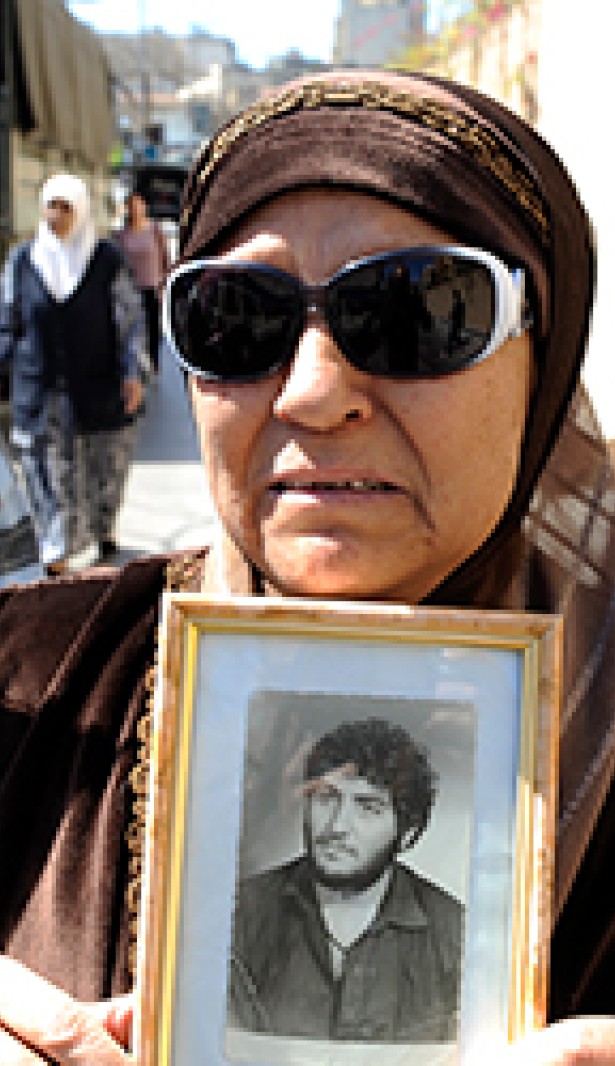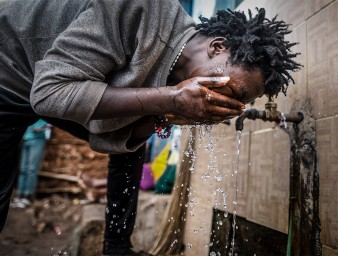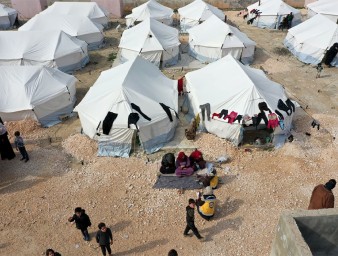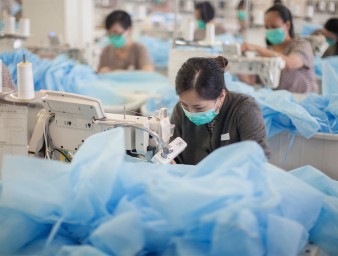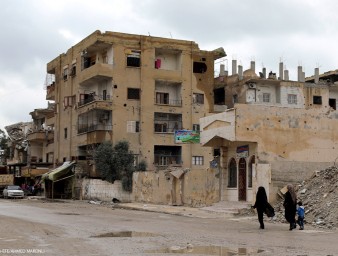Protecting the rights of detainees in Syria
11 April 2017
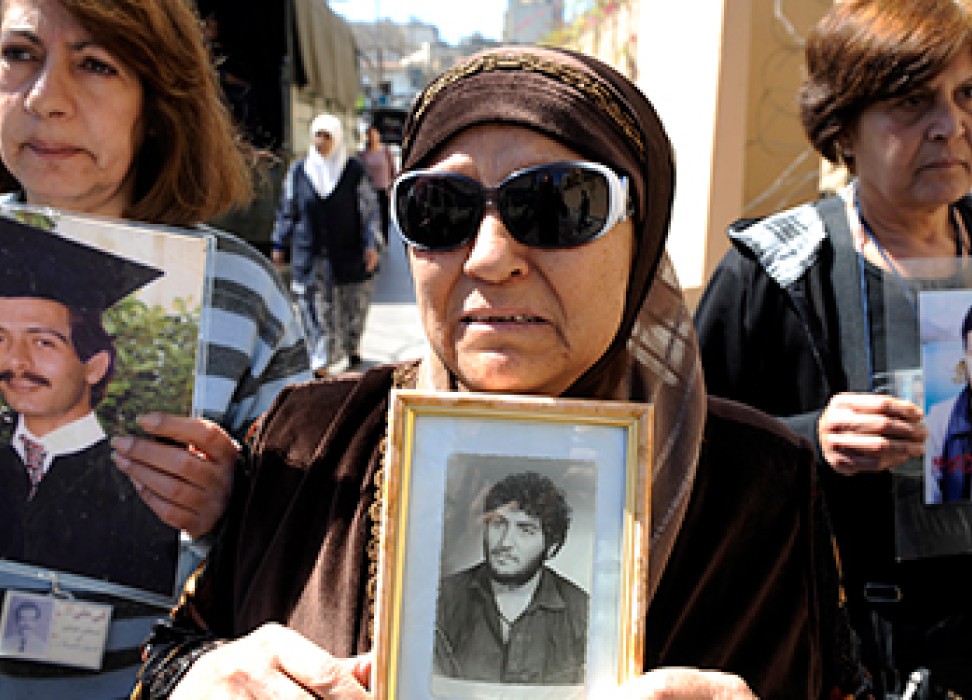
“Why were you released?”
Noura Aljizawi admitted she’s asked that question a lot. The activist and former vice president of the Syrian National Coalition was held for seven months by Syrian police in 2012, where she was beaten and shocked with electrical rods. Many others had disappeared in similar circumstances, never to be seen or heard from again. Yet she got out.
“Being released and not killed was not down to the humanity of the torturers…but thanks to you,” she told an audience at the UN Human Rights Council in Geneva recently. “Human rights organizations, bloggers, activities, organizations…your support in undertaking a large solidarity campaign and therefore putting the regime under pressure not to kill me but to ultimately release me.”
Aljizawi spoke during a High Level Panel discussion on human rights in the Syrian Arab Republic. The panel’s purpose was to increase the visibility of violations and abuses of human rights law and humanitarian law committed by all sides in the conflict.
A small beginning
The war in Syria began six years ago when a group of school children in Daraa, who had daubed anti-Government graffiti on a school wall were taken and tortured by security officials. It has escalated into an immense tidal wave of bloodshed and despair – more than 300,000 are estimated to have died in the conflict so far with tens of thousands being held in various sorts of detention by different groups.
UN High Commissioner for Human Rights Zeid Ra’ad Al Hussien has encouraged all sides to ensure accountability and establish the truth of those being held, tortured and killed.
“We have a responsibility to support the struggle of Syrian families to know the truth,” he said. “It is only when the past has begun to heal that the country will be able to envision a solid future.”
Justice
Mazen Darwish, Director of the Syrian Centre for Media and Freedom of Expression, said one of the biggest things that can help detainees right now would be to issue a moratorium on the death penalty. According to Darwish, an estimated 15,000 civilians are currently sentenced to death by military, field courts or tribunals.
“Declaring a moratorium on these executions is possible,” he said. “We need transitional justice. We need to address all the crimes that were perpetrated. It is not just about mere criminal justice, there must be transitional justice.”
Joumana Seif, a lawyer who works with the Syrian Women’s Network agreed. Seif, who has had numerous members of her family disappeared, including a brother who has been missing more than 20 years, said what was needed in the country was justice.
“Justice is a human value we all believe in,” she said. “All those who have violated the human rights of Syrians should be brought to justice. Justice is our right. It is the only precondition for peace.”
Read more about the plight of detainees and others in Syria and how human rights can help.
11 April 2017
